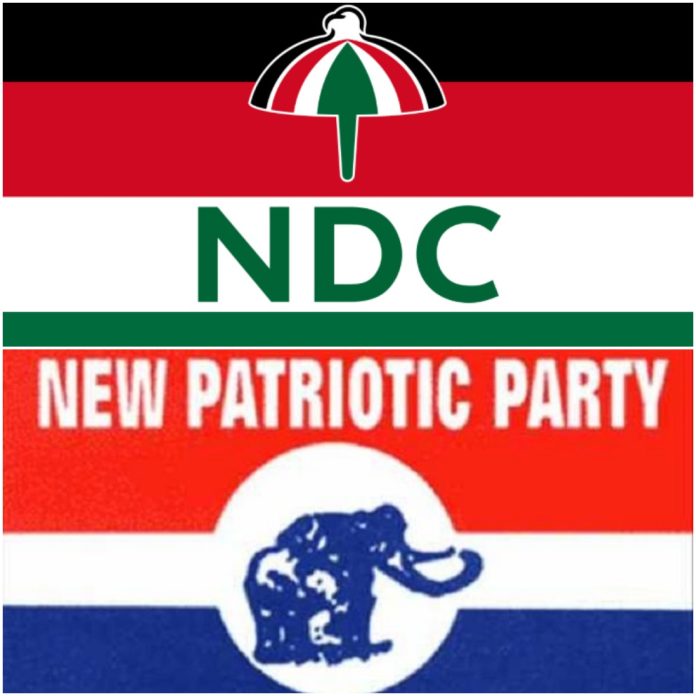The Center for Democratic Development (CDD) in Ghana has expressed concern about the current state of campaign and party financing, citing the corrupting impact of money in politics.
In a statement, the CDD called for immediate reforms to address the escalating costs of political campaigns and the subsequent grand corruption within the government.
To confront these issues, the CDD urged presidential candidates and political parties to commit to critical reforms within their manifestos to reduce the financial burdens of politics and tackle corruption at its core.
The CDD emphasised the need for comprehensive new legislation and a robust regulatory framework to govern campaign and party financing.
Specifically, the CDD proposed that this new framework should establish clear guidelines for donations and expenditures, ensuring transparency and accountability.
“Reducing the cost of politics and curbing corruption at the source is crucial. The increasing monetization and rising costs of politics are corrupting the electoral process and fueling pervasive grand corruption in government.
“The current system governing campaign and party financing is wholly inadequate. There is an urgent need for new, comprehensive legislation to regulate the sector. This new regulation must set clear parameters for party and campaign donations and expenditures, establish an official campaign period of three to six months, standardize and regulate internal party electoral processes and financing, and create an enforcement body for the new rules.
“Comprehensive legislation on party and campaign financing should be passed, establishing clear rules for capping donations and expenditures for both internal and external party processes.”
Additionally, the CDD called for the swift passage of the long-pending Conduct of Public Officers (COPO) bill, which has been stalled for over a decade.
This bill is intended to close loopholes in the public sector and promote transparency and accountability.
“One of the primary drivers of public sector corruption is the abundance of opportunities for corrupt officials and their collaborators to exploit weak internal controls in public services to siphon public funds.
“Numerous public ethics prohibitions, such as influence peddling, conflict of interest, and nepotism, have not been adequately codified. The passage of the long-overdue Conduct of Public Officers (COPO) bill will help close this loophole, which is exploited daily by public officials to avoid accountability.
“However, the bill in its current form requires significant improvements, particularly in strengthening its asset disclosure provisions and introducing new rules on unexplained wealth.





